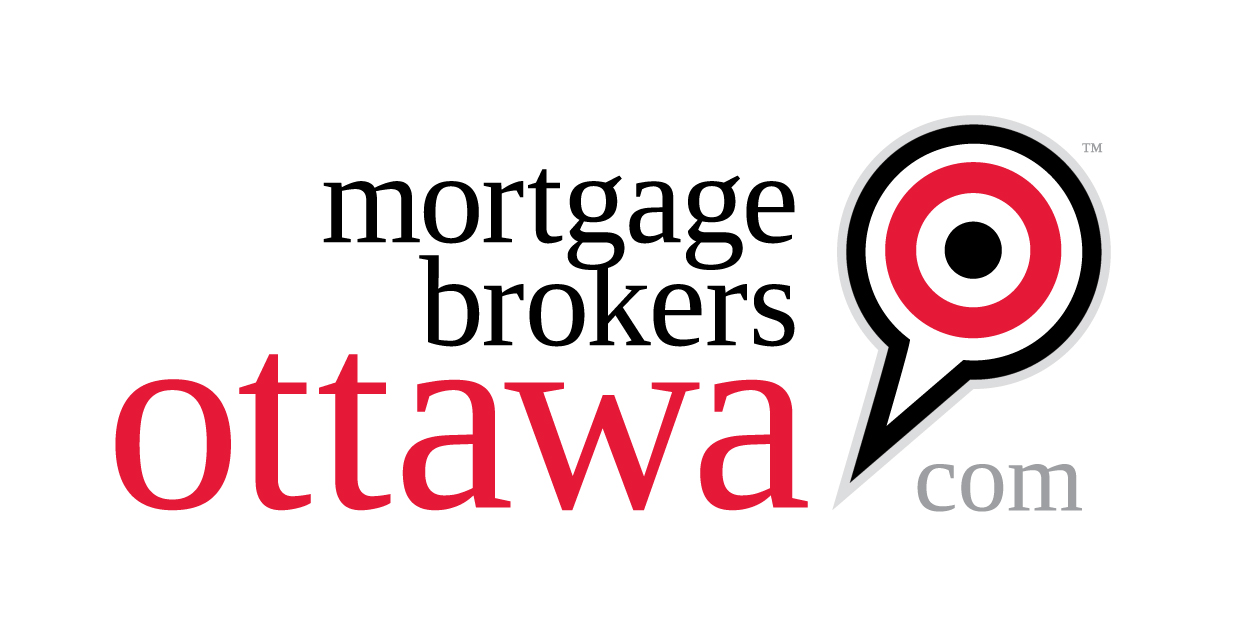Alternative Lenders and Private Mortgages
Alternative Lenders and Private Mortgages
Date Posted: December 4, 2024

In today’s high-interest rate landscape, many Canadians are finding it harder to qualify for traditional mortgage loans. Tightened lending criteria, high monthly payments, and increasing rates have led many potential homebuyers and current homeowners to explore alternative lenders and private mortgage options. These options can often provide a more flexible solution but come with unique advantages and potential risks. Here’s an in-depth look at how alternative lenders and private mortgages work, when they might be a good choice, and important factors to consider before making the leap.
Understanding Alternative Lenders and Private Mortgages
Alternative lenders, also known as “B lenders,” include credit unions, mortgage investment corporations (MICs), and private lenders. These institutions are less regulated than traditional “A lenders” like big banks, which allows them to lend to borrowers who might not meet the stringent requirements of the larger institutions. This can include borrowers with lower credit scores, self-employed individuals, or those with less stable income.
Private mortgages are typically funded by individual investors or small mortgage investment groups rather than financial institutions. They are often structured as short-term loans (usually 1-3 years) and may come with higher interest rates but offer greater flexibility in terms of credit score and income verification.
When to Consider Alternative Lenders and Private Mortgages
For those who might not qualify with a traditional lender or need access to quicker financing, alternative lenders and private mortgages can be a lifeline. Here are some scenarios where these options may be beneficial:
- Credit Challenges: If your credit score doesn’t meet the traditional lender requirements, alternative lenders may still offer you a mortgage, though usually at a higher interest rate.
- Self-Employed or Unconventional Income: Alternative lenders are more open to assessing income in ways that traditional lenders may not, making them a popular option for self-employed individuals or those with multiple income sources.
- Debt Consolidation: Private lenders may allow you to consolidate debt into your mortgage, which can help manage high-interest debts like credit cards.
- Time Constraints: Private mortgages can often be approved and processed faster than traditional loans, making them a viable option for those with urgent financing needs.
Benefits of Choosing Alternative or Private Lenders
- Flexible Qualification Requirements: Unlike major banks, alternative lenders can use a broader range of income sources to qualify you.
- Shorter Approval Process: Because they operate under fewer regulatory constraints, alternative lenders may approve mortgages faster than traditional banks.
- Less Focus on Credit Scores: If your credit history has a few blemishes, alternative lenders may be more lenient, potentially giving you a second chance at homeownership.
Potential Risks to Be Aware Of
While alternative lenders and private mortgages offer certain benefits, they do come with risks that borrowers should carefully consider:
- Higher Interest Rates: Since these loans are often considered higher risk, they generally come with higher interest rates than traditional mortgages.
- Shorter Loan Terms: Many private mortgages have terms as short as 1-3 years, which could leave you needing to refinance or seek a new mortgage relatively quickly.
- Additional Fees: Some alternative and private lenders charge higher fees for processing, appraisals, and other services.
- Less Stability: Unlike traditional lenders, private lenders may vary widely in their practices, so it’s essential to work with a trusted mortgage broker to ensure you’re dealing with a reputable lender.
How to Make Alternative and Private Mortgages Work for You
If an alternative or private mortgage seems like the right option for your situation, here are some tips to make the most of this choice:
- Work with a Mortgage Broker: A broker can help you navigate the wide range of alternative and private lenders to find the best fit for your needs.
- Read the Fine Print: Make sure you understand all terms, fees, and penalties associated with the mortgage.
- Have an Exit Strategy: Since private mortgages often have shorter terms, it’s essential to have a plan in place for refinancing, selling, or transitioning to a traditional lender when the time comes.
Alternative lenders and private mortgages can be viable solutions in Canada’s high-rate environment, offering flexibility and access to funds when traditional lenders may not. However, they come with higher costs and a shorter term commitment, making it crucial to weigh the pros and cons carefully and seek professional guidance.
